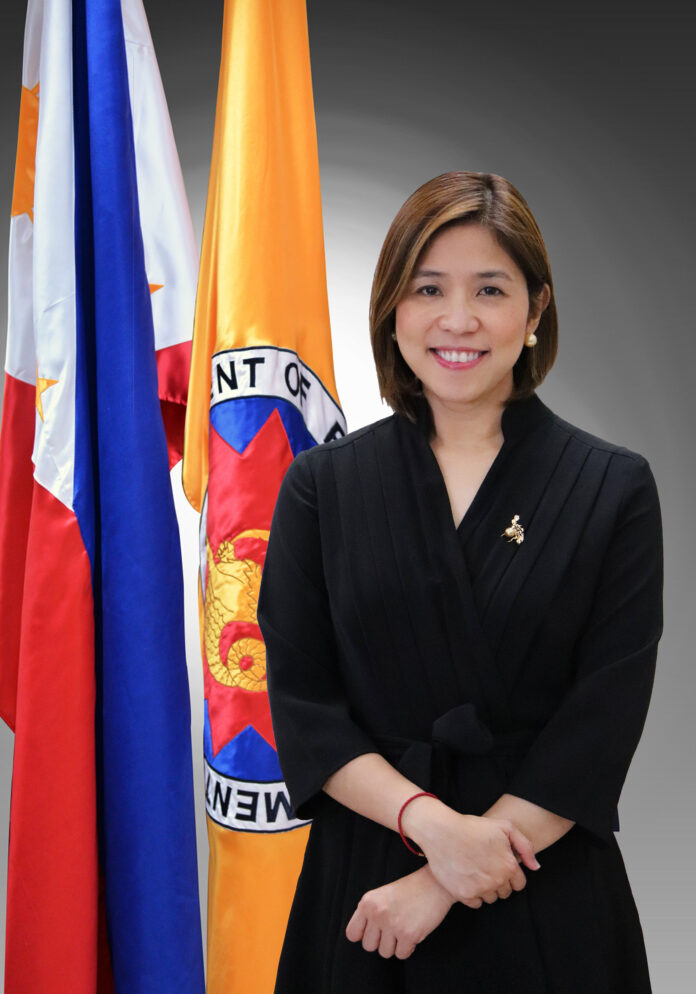The economic managers have engaged civil society organizations (CSOs) to help refine the interagency Development Budget Coordination Committee (DBCC) process. This has reference to that unit setting the government’s macroeconomic assumptions, fiscal targets, budget ceilings, revenue projections, and borrowing ceiling and convened in keeping with President Ferdinand R. Marcos Jr.’s push for greater transparency, inclusivity, and stakeholder participation in national budgeting.
The dialogue, titled “Macroeconomic Insights for National Action”, aimed to incorporate public input into fiscal planning as the government works to reduce the budget deficit to 3.7 percent of GDP by 2028—down from 5.7 percent in 2024.
Led by the Department of Budget and Management (DBM), with key input from the Department of Finance (DOF), Department of Economy, Planning and Development (DEPDev), the Office of the President, and the Bangko Sentral ng Pilipinas (BSP), the DBCC outlined its strategy for budget balance. DOF Undersecretary Domini Velasquez detailed a three-pronged approach: enhanced tax administration, revenue reform legislation, and increased non-tax income via public-private partnerships and strategic privatization.
DBM Secretary Amenah Pangandaman emphasized the importance of CSO participation in ensuring the budget cycle is responsive and accountable. Meanwhile, BSP Deputy Governor Zeno Abenoja shared updated macroeconomic assumptions and monetary strategies amid global uncertainties.
CSO representatives provided recommendations on tax fairness, fiscal transparency, digital reforms, and information access—inputs the DBCC pledged to integrate into policy planning.
The dialogue underscores the administration’s commitment to participatory governance and fiscal sustainability while supporting economic growth.







